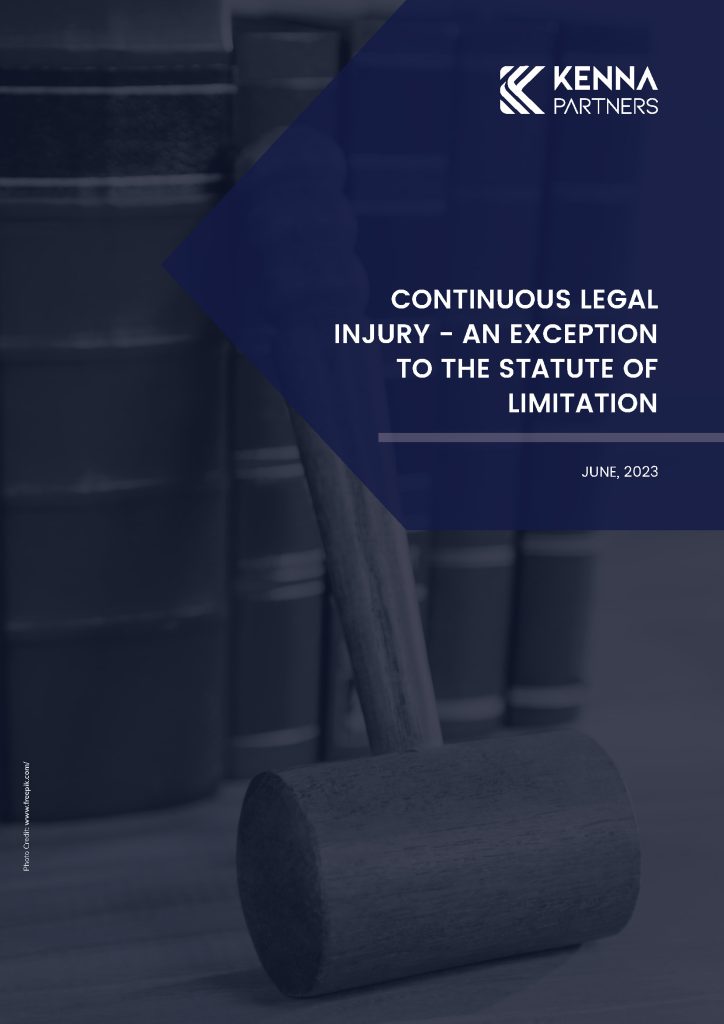
Limitation of action is defined as a certain time a statute allows for litigation. It is the timeframe within which every action must be instituted, failure of which the aggrieved party may lose the right of action.
The rationale behind the doctrine of limitation of action is that it will cause serious injustice for the Defendant if the Claimant is permitted to institute a stale claim. A plaintiff who sleeps over his rights is not expected to be allowed to bring an action as equity aids the vigilant and not the indolent. The assumption is, due to the effluxion of time, the Defendant may have lost access to the pieces of evidence (to aid his defence) that were erstwhile present during the period of accrual of the cause of action. Lastly, it is in the public interest that there should be an end to litigation.
In Nigeria, the principal statutes regulating limitation of actions are the limitation laws of the various states of the Federation, and the Limitation Act Cap 522, Laws of the Federal Capital Territory, 2006, for the Federal Capital Territory, Abuja.
What determines the applicability of limitation of action is the subject matter. In the oil and gas sector, there has been a sharp increase in the rate of litigation in recent times involving individuals, communities, cooperative societies, and companies who believe that the operations of oil producing firms have impacted their means of livelihood.
The concept of limitation of action has always been a significant issue in the legal system. Continuous legal injury is an important aspect of this principle, and it affects how the law deals with a variety of cases. This article aims to provide a comprehensive legal analysis of continuous legal injury and its effect on the limitation of action.
The article will explore the various legal theories and principles involved in this concept and how it impacts the rights of individuals seeking redress for harm suffered over a period and the ways in which limitation law affects the ability of a party to assert a cause of action and vice versa. By doing so, we hope to provide a valuable resource for legal practitioners and individuals seeking to understand their rights and obligations in civil litigation.
